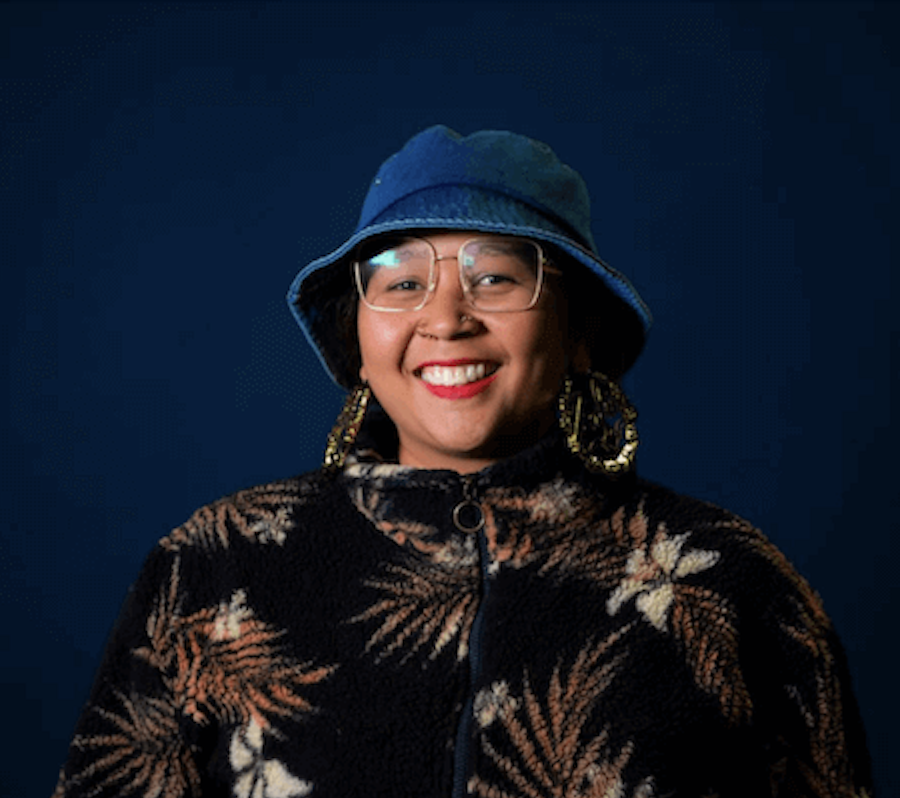Webinar Colonial Collections Datahub: introduction and conversation
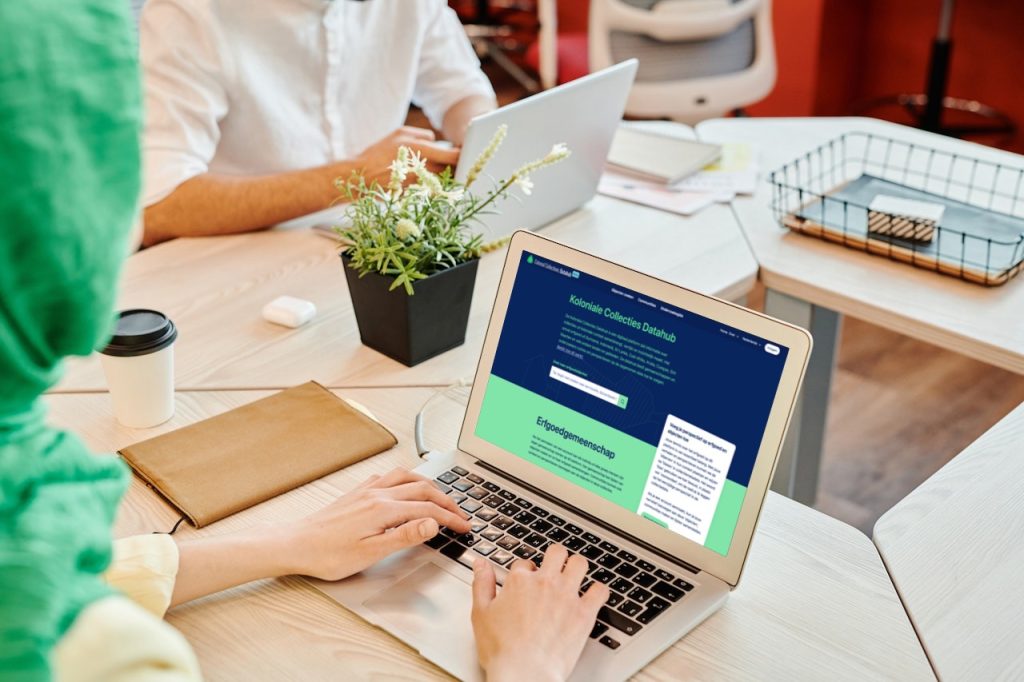
The Colonial Collections Datahub is a digital platform that brings together, enriches and provides insights into collections from colonial contexts. It includes heritage from Suriname, Indonesia, Sri Lanka, South Africa, Aruba, Curaçao, Sint Maarten and many other countries and areas scattered across various institutions. In this webinar you will learn more about how the datahub works, how you can contribute and how it relates to your work. You will hear about local digital heritage initiatives and together we will exchange experiences and ideas around the role these platforms can play in restitution work.
These webinars are organised in collaboration between the Heritage Academy and Consortium Colonial Collections. The webinar will be given three times to facilitate participation across different time zones and regions:
- South Asian and Southeast Asian Context
- African Context
- Caribbean Context
Practical information
Dates:
- Tuesday 30 September, 2025 | 10:00 – 12:00 CEST / 15.00 – 17:00 WIB
- Thursday 2 October, 2025 | 14:00 – 16:00 CEST / 13.00 – 15:00 WAT
- Wednesday 8 October, 2025 | 15:00 – 17:00 CEST / 09:00 – 11:00 AST
For whom:
- Heritage professionals with an interest in digital collections
- Provenance and heritage researchers
- Heritage communities
Registration:
The webinars will be held in English. Participation is free. You can register for one webinar or the entire series. Interested in participating? Please visit the Heritage Academy website to sign up.
About this webinar
As well as seeking to address problems around accessibility of collections coming from a colonial context in the Netherlands, the datahub also aims to grow knowledge around these collections through features that allow users to add information, perspectives, and context to objects and/or collections. This webinar will introduce you to the datahub, how you can search collections and find objects, how to add your knowledge, and how to collaborate with others researchers and communities. There will also be opportunity to hear more about and to share your experience and knowledge of other similar local digital initiatives.
The datahub is still in development. Small adjustments are still being made so it works better for users. The Consortium is also interested to know more about what else would help users access and make use of the platform.
Is this webinar for you?
This webinar is for (digital) heritage professionals and researcher as well as other interested heritage community members in the regions mentioned above. We recommend you sign up to the webinar in the region where you are based and which is most relevant to your work. If you cannot make the date and time of the webinar for your region, you are welcome to join another one. If you are Europe based, you are welcome to join the webinar most relevant to your work or interest.
Speakers
The moderator will be joined by:
- Cindy Zalm, Wereldmuseum and Consortium Colonial Collections, Project leader
- Camiel de Kom, Cultural Heritage Agency of the Netherlands and Consortium Colonial Collections, Digital heritage coach
And each session new guests and experts join:
On 30 September
Hardiansyah (Chair and Executive Director of Wikimedia Indonesia) – speaker and panelist
Hardiansyah is the Chair and Executive Director of Wikimedia Indonesia, where he drives strategic initiatives that advance open knowledge and open culture. He leads inclusive efforts to digitize cultural heritage, foster intercultural dialogue, and empower communities to share information freely and access it. With a deep passion for language, local nuance, and visual storytelling, He cultivates culturally resonant knowledge ecosystems across Indonesia, bridging tradition and innovation through collaboration, creativity, and openness.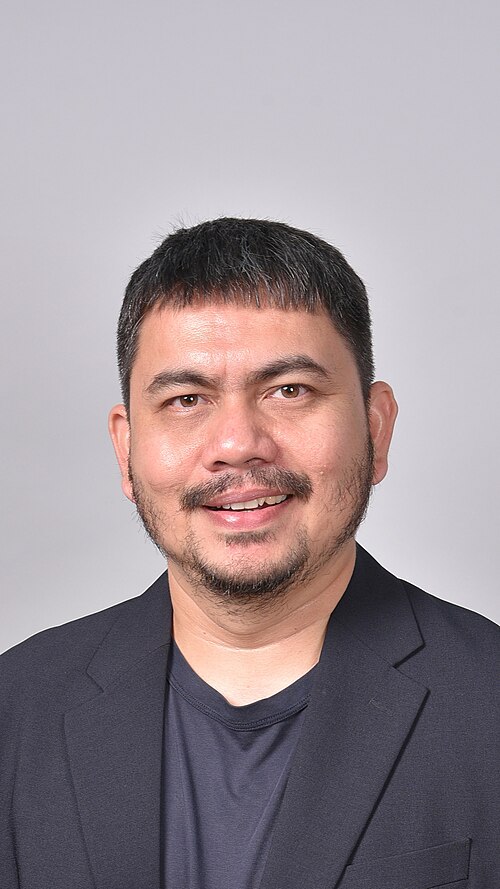
Yus Sa’diyah-Broersma (researcher Radboud University) – panelist
Born and raised in East Java, Indonesia, Yus identifies as part of the resource community. Years of living abroad and being away from where she grew up have sparked a deep desire to reconnect with Javanese and Indonesian culture. She has worked with Museum Nasional Jakarta and is currently engaged in the RECONCILE project (EU–South Africa–Indonesia), rethinking collections and narratives through inclusive and decolonial practices. Having lived across the Global North and South, Yus values dialogue and connection as essential in heritage work. She is committed to humanising museums and archives, giving communities space to voice their own stories.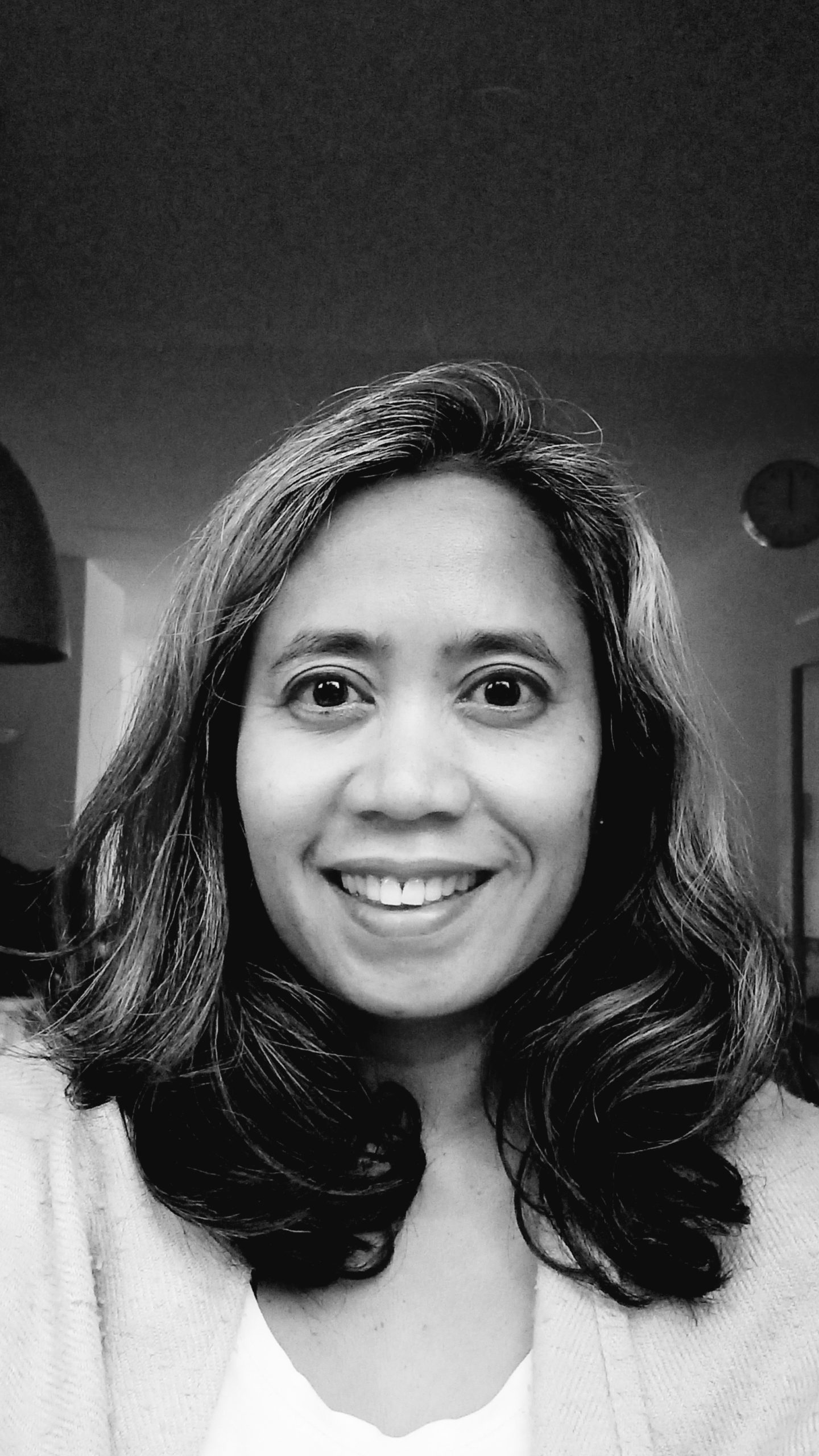
Nara Sumaniaka (independent researcher) – panelist
Made Naraya is an independent researcher with interest in colonial heritage, politics of decolonisation and public policy. He recently obtained his MA in Arts and Heritage: Policy, Management and Education at Maastricht University. His master’s thesis revolves around digital spaces of colonial collections, forwarding a new concept of digital restitutionary work in the estitution debate. He has collaborated closely with diverse communities across Indonesia to engage with and challenge these digital spaces, offering alternative ways for communities to involve in restitutionary work beyond the state to state regime. Through this work, he seeks to contribute to a more inclusive and participatory approach to restitution policy.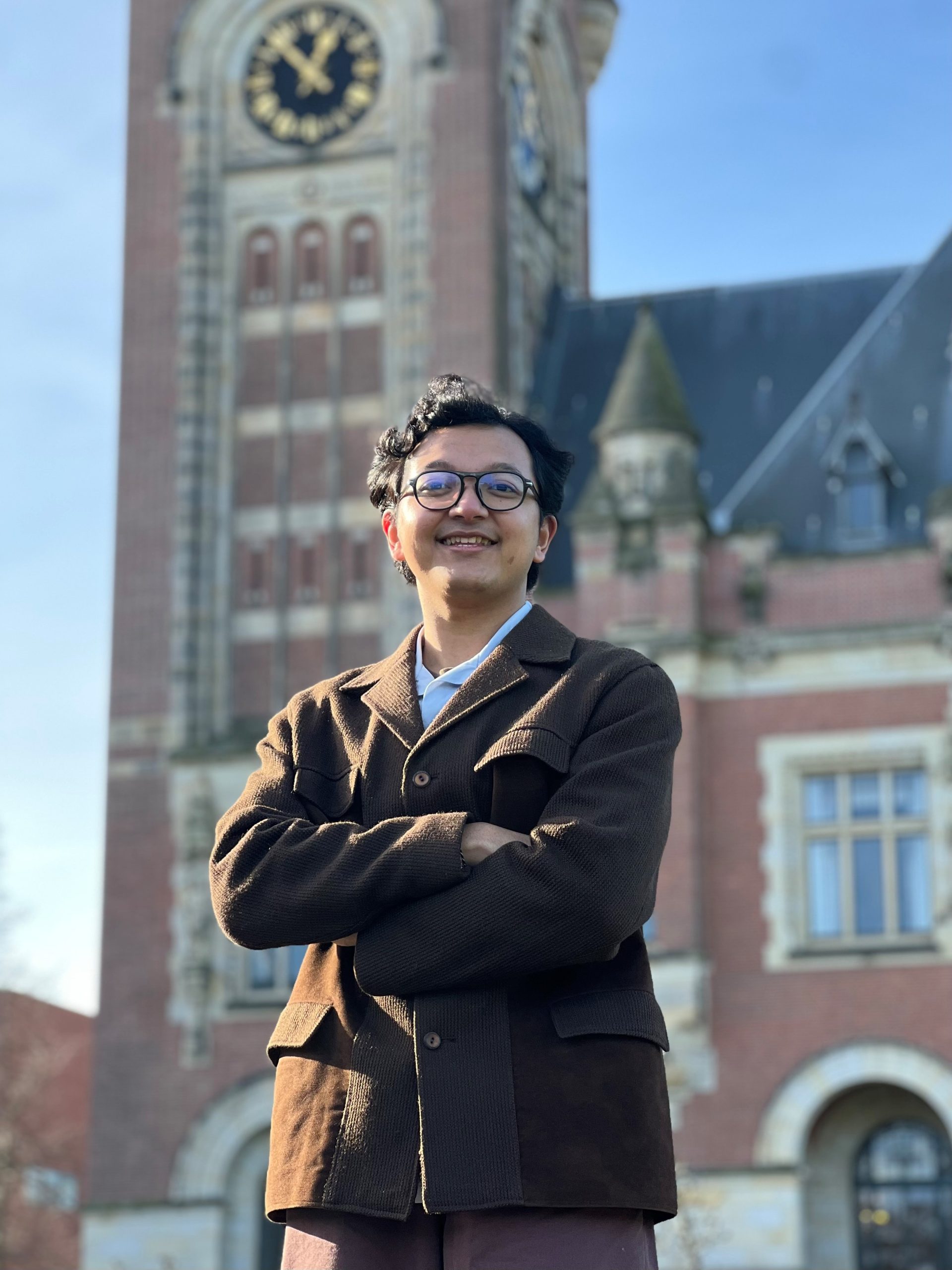
On 2 October
Eiloghosa Obobaifo (Digital Benin) – speaker and panelist
Eiloghosa Oghogho Obobaifo is a Nigerian anthropologist with an MSc in Cultural Anthropology from the University of Benin. She works with the DigitalBenin.orgproject at the Museum am Rothenbaum, Hamburg, digitising Nigerian museum collections. Her interests include cultural heritage preservation, community-based tourism, and restitution. She actively engages in conferences, promoting transparency in museum data and Benin’s rich cultural history.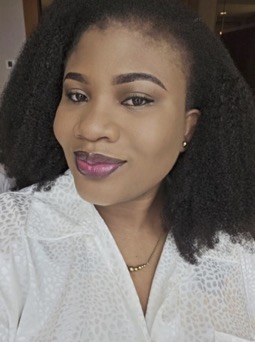
Sylvie Njobati (Regartless) – panelist
Sylvie Njobati is a multiple award-winning Human Rights artivist and cultural practitioner whose work focuses on protecting, preserving, and promoting cultural rights against the backdrop of unethical colonial acquisitions, climate change, and armed conflict. She led the first-ever restitution in Cameroon from private collections and is one of the top global voices on the question of restitution, spearheading the #BringBackNgonnso campaign, which has garnered global recognition and secured the return decisions of 31 objects from three German museums to Cameroon. She currently runs several community-first digital initiatives aimed at preserving cultural heritage. She holds a double Master’s in Art and Culture Management and Film, Theatre and Television.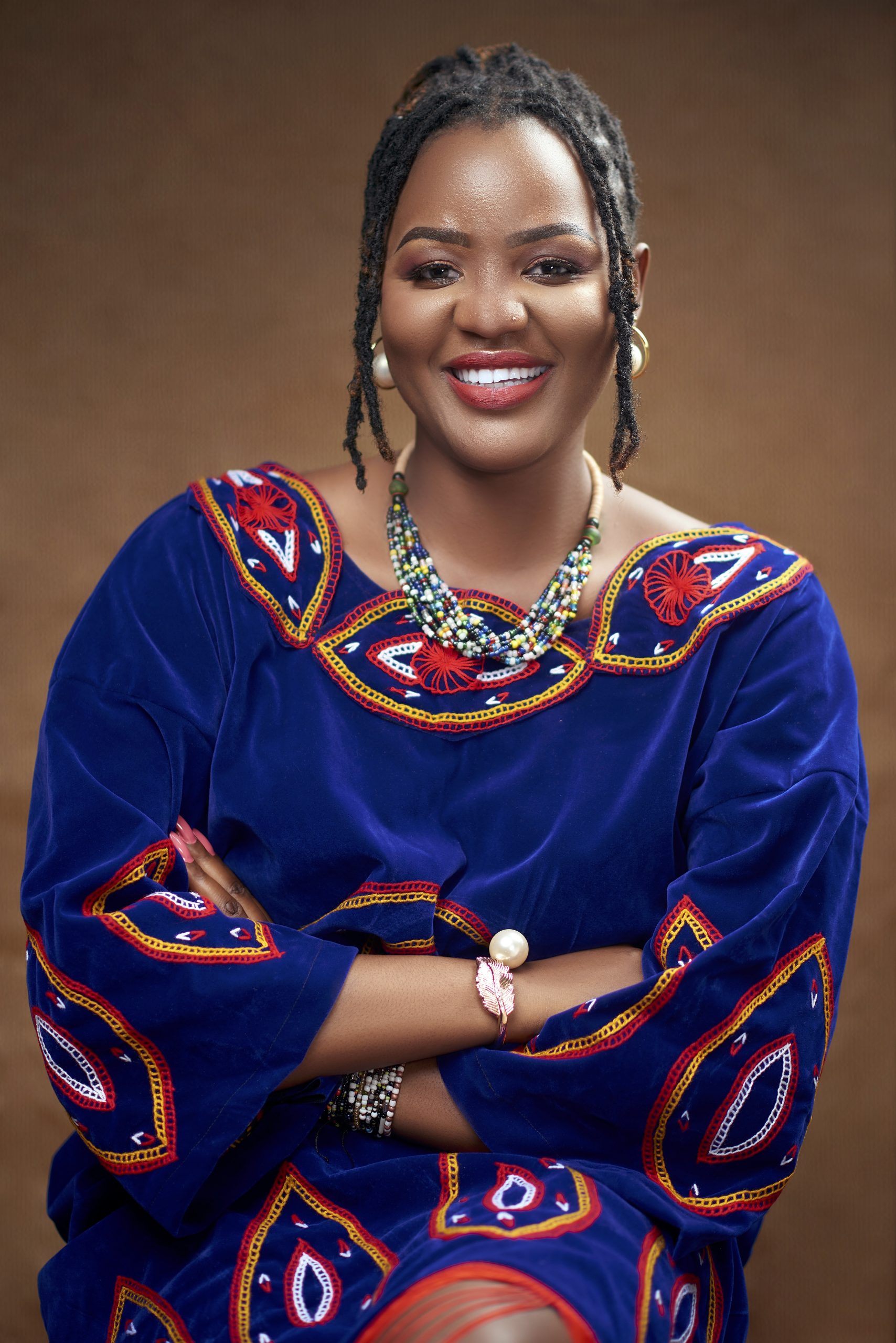
Karen Byera Iljumba (Open Restitution Africa) – panelist
Karen Byera Ijumba has worked at the intersection of research, culture, and digital knowledge management for over 12 years; interchangeably serving as a physical and digital archivist, researcher and project manager. Her work seeks to combine marginalised and fugitive knowledges with creative and digital tools, to address knowledge gaps and issues of power in knowledge production. She holds an LLB and BA (Hons) in Heritage and Public Culture from the University of Cape Town (South Africa), and an MA in Arts and Culture Management from the University of the Witwatersrand (South Africa). She is Open Restitution Africa’s Senior Researcher.
On 8 October
Peter Scholing (Biblioteca Nacional Aruba) – speaker and panelist
Peter Scholing is an information scientist and researcher at Biblioteca Nacional Aruba, where he leads digitization, digital collections and research, including the award-winning Coleccion Aruba platform, which unites Aruba’s documentary and cultural heritage online. He is a member of the Aruba National Commission for UNESCO, immediate past President of MoWLAC (UNESCO Memory of the World for Latin America and the Caribbean, 2022–2024), and serves on the Editorial Board of the International Journal of Documentary Heritage, Executive Board of the Digital Library of the Caribbean and the DCDHN Kernteam (Dutch Caribbean Digital Heritage Network). Peter was named ACURIL’s Caribbean Information Professional of the Year 2024.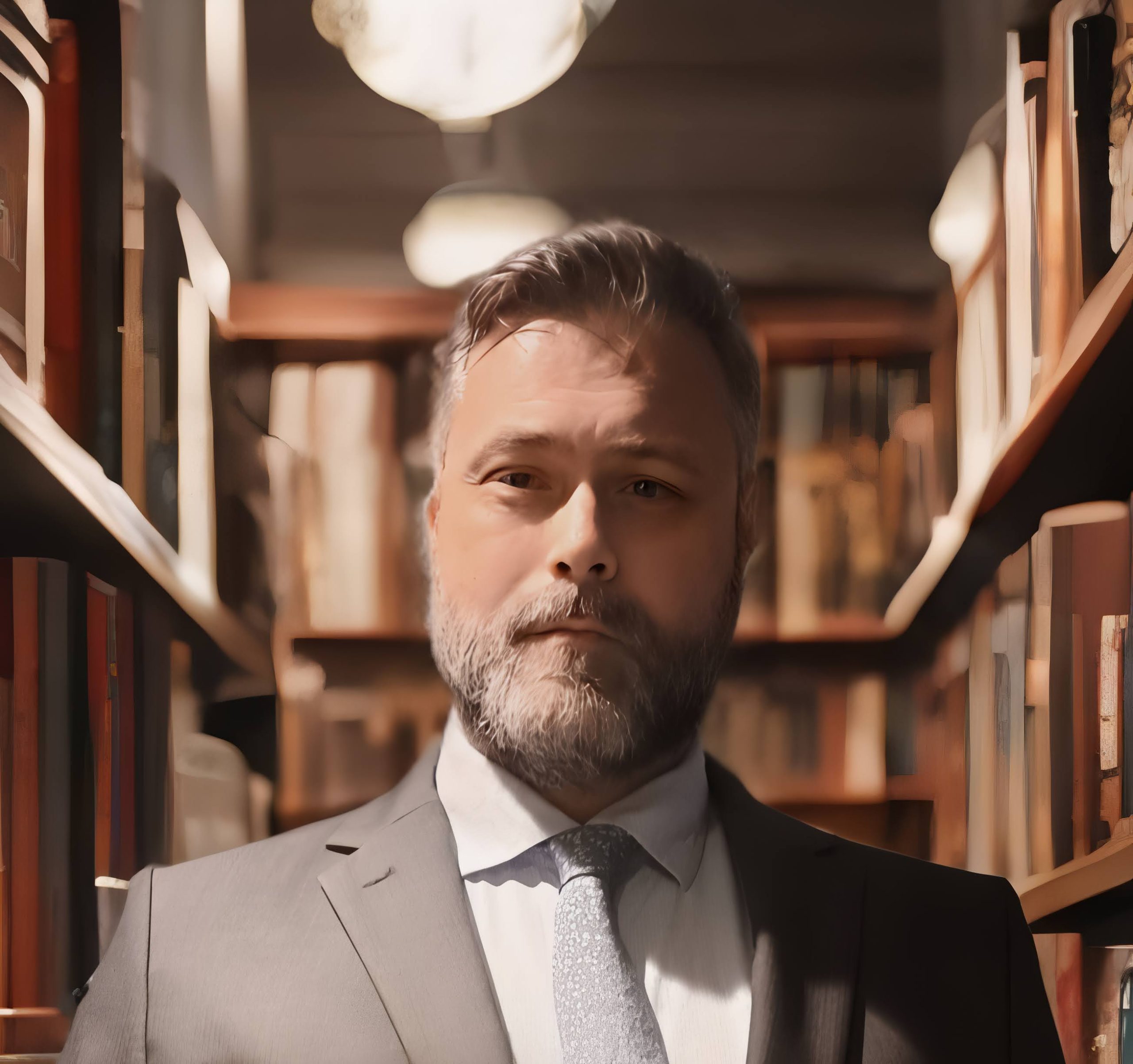
Gyonne Zafira (Cultural manager, policy advisor and curator) – panelist
Gyonne Zafira, born and raised in Aruba, is a cultural manager, policy advisor and curator. Her work highlights the livelihoods and experiences of the Caribbean region’s global diaspora, connecting with communities through Counter/Narratives, which she co-founded, and the Be Right Back | Bai Bin Podcast, which she founded. Gyonne is also a versatile program maker, policy advisor, and cultural entrepreneur. With a background in Media and Culture History, she uses her critical perspective to address historical and contemporary societal issues. Her work often challenges institutional narratives, fostering awareness and encouraging new methodologies to bridge community divides, ultimately aiming to build trust and connection in society.